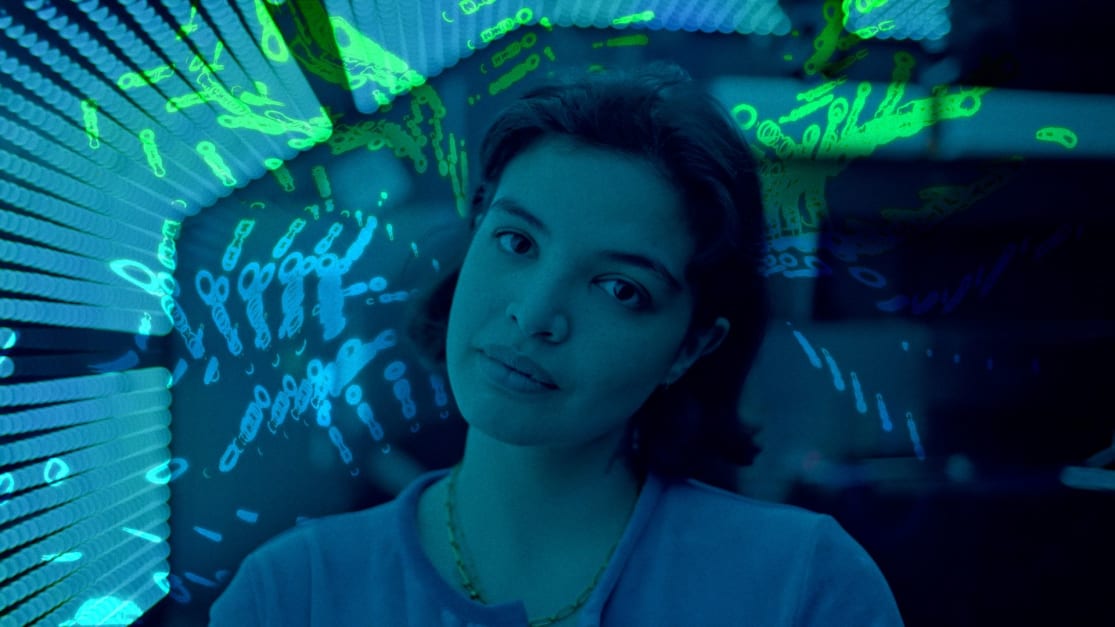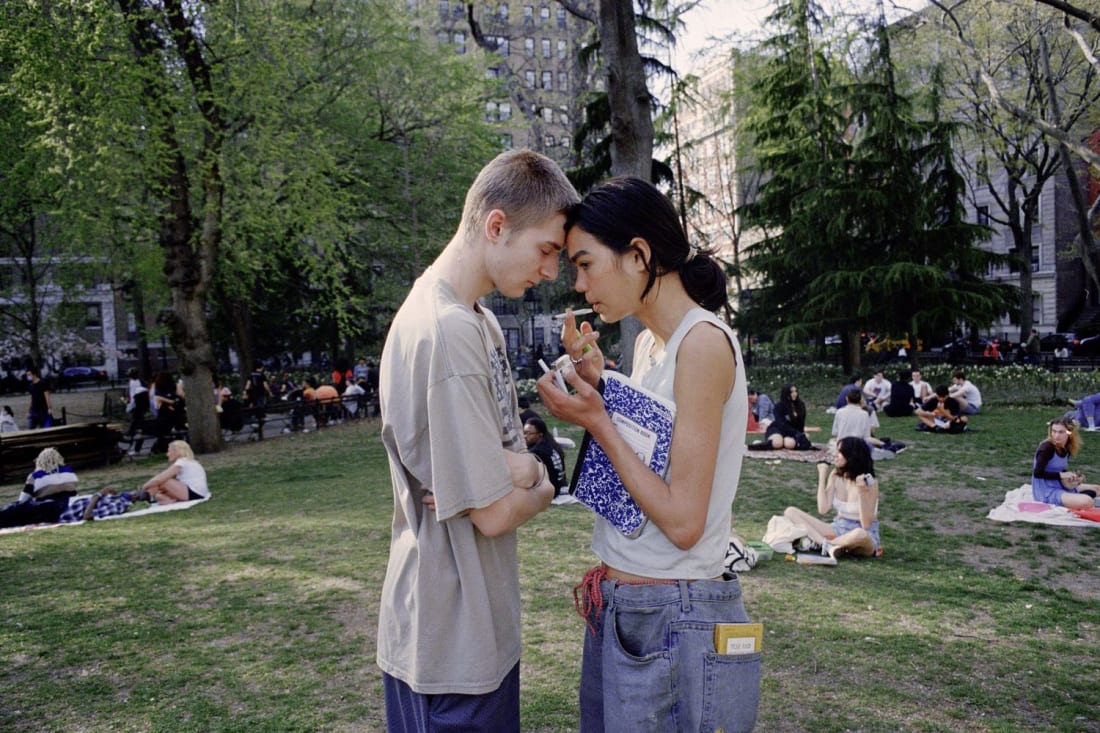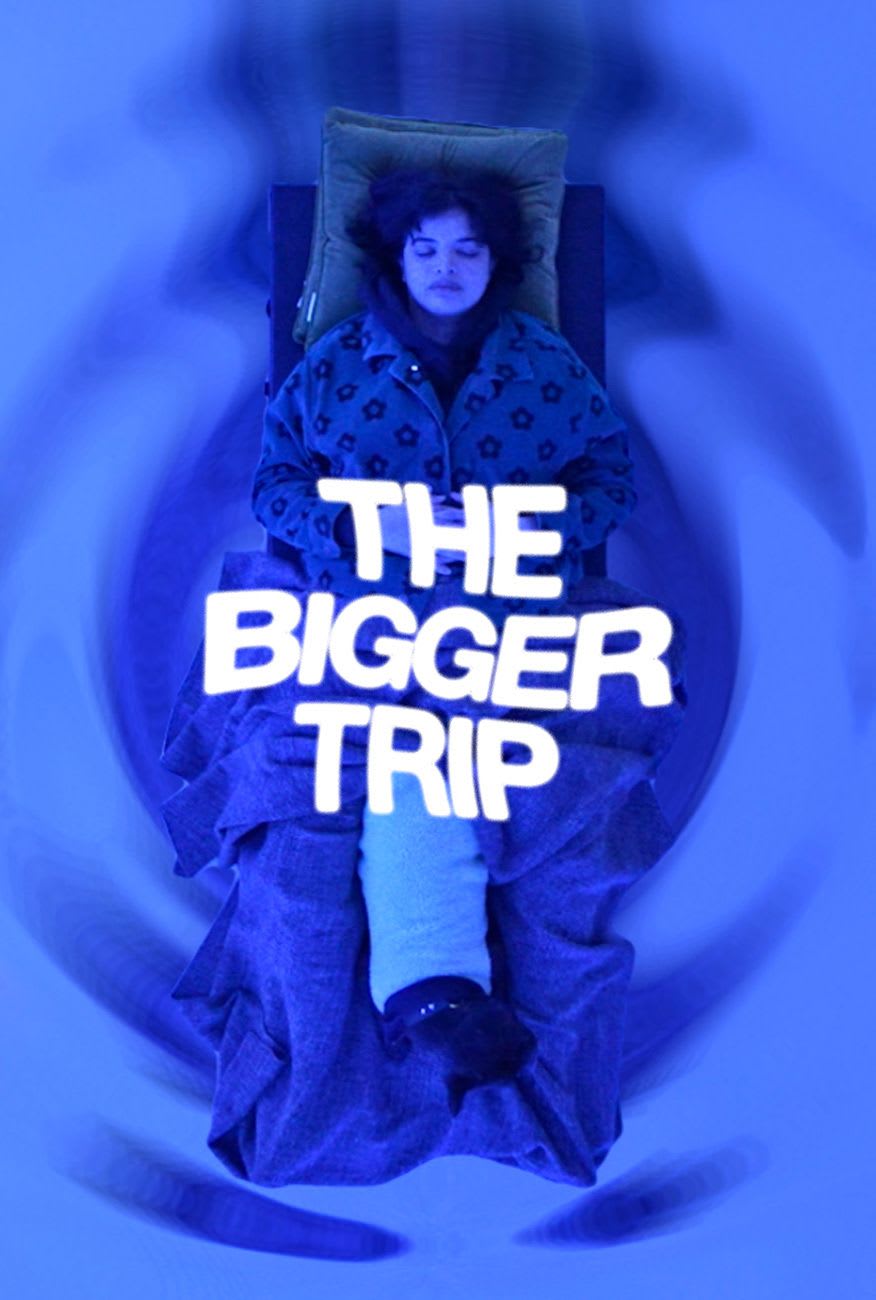Feel the magic? International study points to psyilocybin as depression cure
It turns out that shrooms can help with more than just a good time...
It turns out that shrooms can help with more than just a good time...
Beginning with lockdown boredom and likely continuing due to the frightening nature of world politics, there's an urge to get trippy nowadays. From helping us have comedown-free highs at raves to boosting creativity (at least according to Harry Styles) mushrooms have transformed from relic of '60s and '70s subculture to popular recreational pursuit.
And it's not just in our downtime that shrooms have had a resurgence. At a government level, they've been decriminalised in countries like Austria, Italy, Spain and Portugal as well as places in the US like Oregon and Denver. Yet nowhere has shrooms' transformation of fortunes been more extreme than in the world of clinical research. Once thought of as antithetical to the world of science, narcotic fungi have increasingly been shown to have a direct use in medical treatment: as rapid-acting antidepressants.
The latest paper backing up this theory? An international, double-blind peer-reviewed trial, with results published in the New England Journal of Medicine at the beginning of November 2022.
The study featured 233 participants across ten different countries in North America and Europe who all suffer from treatment-resistant depression: depression which has not responded to at least one or two traditional forms of medication or therapy. Researchers then administered patients with differing, controlled doses of psilocybin, the active psychedelic ingredient found in magic mushrooms. In this case, the research team didn't have to go out foraging as the ingredient was created as part of a chemical process.
Specifically, 79 participants received one 25-milligram dose of psilocybin; 75 received 10 milligrams; and 79 received 1 milligram. Given that all participants received some form of psilocybin, even in a small dose, there was no full control or placebo group. It's also important to note that psilocybin was administered in combination with counselling: patients had at least three therapy sessions before receiving their dose, which was administered by the same therapist who carried out follow-up sessions a day and also a week afterwards too.
When it came to the results, a third of the high-dose cohort responded to treatment with an improvement in their condition of at least 50%. A huge 29% had entered remission on the third week after their dose. There wasn't much difference when comparing the outcomes of the two other groups: 19% of the middle-dose group responded to treatment and 9% entered remission while 18% of the low-dose group responded to treatment and 8% entered remission.
However, after three months these results dipped. Only 20% of the 25-milligram group showed a "sustained response" at that point and improvements were only maintained in 10% of the 1-milligram group and 5% of the 10-milligram group.
Enter a psychedelic state of mind
Watch The Bigger Trip
It's also worth noting that there were some side effects. specifically headache, fatigue, nausea or dizziness felt by a third of participants on the day of dose - but the research team wasn't too concerned.
However, there are some critics of the trial. Speaking to CNN News, UCL Associate Professor Dr Ravi Das pointed out that the efficacy of the psychedelic would likely further decline with time across all groups (therefore follow-up treatment may likely be needed, as is currently thought to be the case with ketamine treatment for depression).
Das also pointed out a flaw in the study's methodology: the severity of depression was not consistent across all dosing groups and there were significantly fewer severely depressed people in the high-dose group.
Whatever the technicalities, the trial does show that psilocybin can act rapidly on depression (a strength compared to traditional antidepressants like SSRIs, which can take up to two months of dosages to work) while also giving hope to 2.7 million people in the UK living with treatment-resistant depression.
This study could also with paving the way for psychedelic treatments to reach more common medical use. The investigation was a Phase 2 trial which will be followed up by a Phase 3 trial which will provide the evidence for US Food and Drug Administration (FDA) approval allowing psilocbyin to be developed as a legal drug for the treatment of depression by the pharmaceutical industry.
Research suggests that psilocybin may be helpful for mental health treatment due to the fact that it increases brain connectivity when ingested and for several weeks after use. Depression and stress have been shown to decrease synaptic connections between brain cells.
Elsewhere, shrooms are being explored for the treatment of problem drinking and eating disorders and are even being tested to tackle smoking addiction.
You can learn more about the psychedelic boom and its use in mental health treatment via our video series The Bigger Trip






